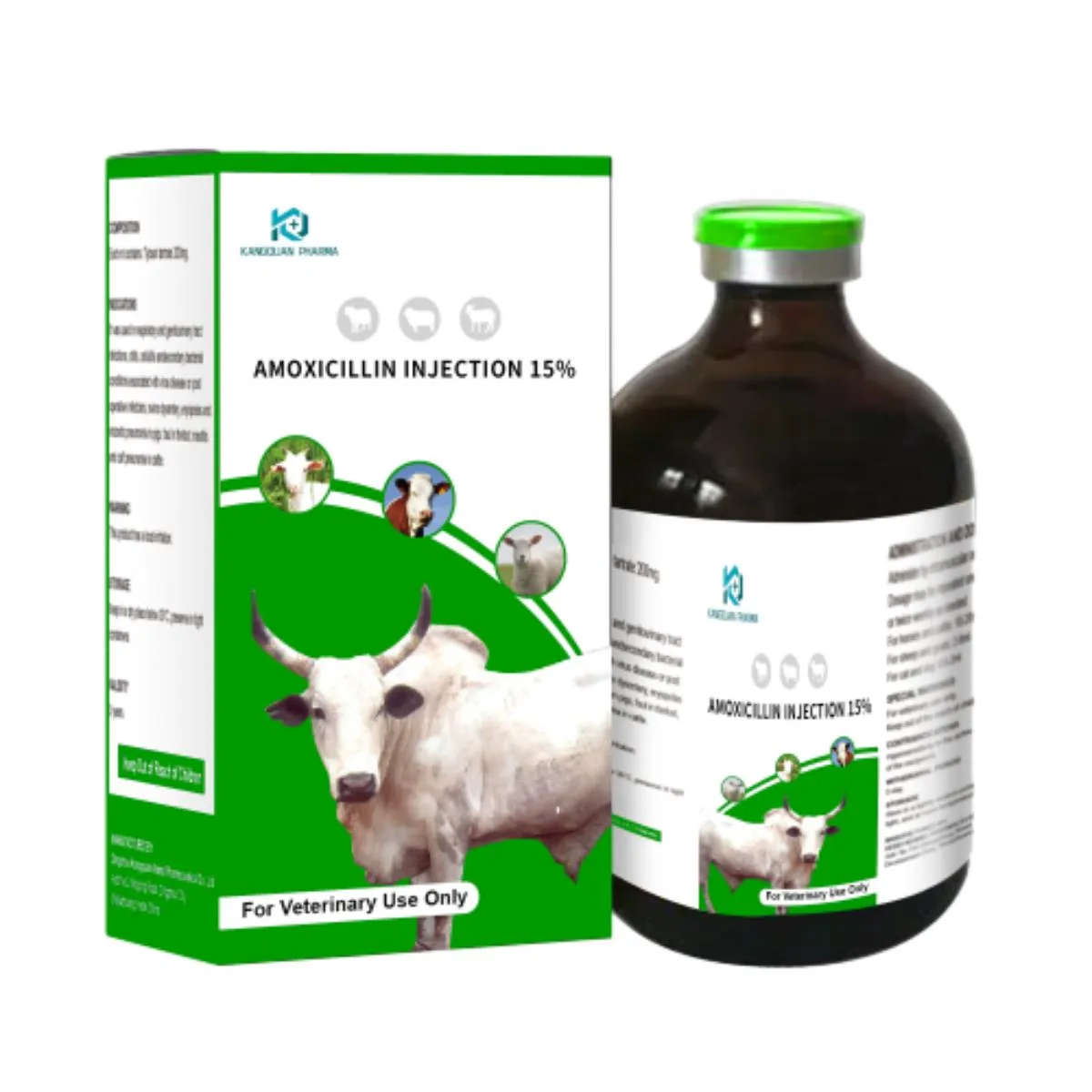- Afrikaans
- Albanian
- Amharic
- Arabic
- Armenian
- Azerbaijani
- Basque
- Belarusian
- Bengali
- Bosnian
- Bulgarian
- Catalan
- Cebuano
- Corsican
- Croatian
- Czech
- Danish
- Dutch
- English
- Esperanto
- Estonian
- Finnish
- French
- Frisian
- Galician
- Georgian
- German
- Greek
- Gujarati
- Haitian Creole
- hausa
- hawaiian
- Hebrew
- Hindi
- Miao
- Hungarian
- Icelandic
- igbo
- Indonesian
- irish
- Italian
- Japanese
- Javanese
- Kannada
- kazakh
- Khmer
- Rwandese
- Korean
- Kurdish
- Kyrgyz
- Lao
- Latin
- Latvian
- Lithuanian
- Luxembourgish
- Macedonian
- Malgashi
- Malay
- Malayalam
- Maltese
- Maori
- Marathi
- Mongolian
- Myanmar
- Nepali
- Norwegian
- Norwegian
- Occitan
- Pashto
- Persian
- Polish
- Portuguese
- Punjabi
- Romanian
- Russian
- Samoan
- Scottish Gaelic
- Serbian
- Sesotho
- Shona
- Sindhi
- Sinhala
- Slovak
- Slovenian
- Somali
- Spanish
- Sundanese
- Swahili
- Swedish
- Tagalog
- Tajik
- Tamil
- Tatar
- Telugu
- Thai
- Turkish
- Turkmen
- Ukrainian
- Urdu
- Uighur
- Uzbek
- Vietnamese
- Welsh
- Bantu
- Yiddish
- Yoruba
- Zulu
9 月 . 06, 2024 13:02 Back to list
Lincocin Soluble Powder - Effective Treatment for Infections
Lincocin Soluble Powder An Overview
Lincocin, or lincomycin hydrochloride, is an antibiotic primarily used in veterinary medicine and occasionally in human medicine. This medication is particularly effective against certain gram-positive bacteria, making it a valuable tool in treating various infections. Lincocin is available in a soluble powder form, which offers a range of benefits for both veterinary and human use.
Mechanism of Action
Lincocin is a member of the lincosamide class of antibiotics, which work by inhibiting bacterial protein synthesis. It binds to the 50S ribosomal subunit of bacteria, thereby preventing the enzyme peptidyl transferase from functioning effectively. This action ultimately interferes with the bacteria's ability to produce essential proteins, leading to the inhibition of bacterial growth. While lincosamide antibiotics are potent, they are generally reserved for treating infections caused by bacteria that are resistant to other antibiotics.
Indications and Usage
In veterinary medicine, Lincocin is commonly prescribed for treating various infections in livestock and pets, particularly those caused by susceptible strains of Streptococcus, Staphylococcus, and some anaerobic bacteria. It is frequently used for conditions such as skin infections, respiratory tract infections, and osteomyelitis. In humans, lincosamide antibiotics like Lincocin are generally used for serious infections when other treatments are not effective or suitable.
Preparation and Administration
lincocin soluble powder

Lincocin soluble powder is often mixed with water before administration. This solubility makes it easier to deliver the medication, especially in cases where oral administration can be challenging. In veterinary settings, it can be added to feed or given directly via oral dosing. For effective treatment, it is crucial to follow the prescribed dosage and duration as indicated by a veterinarian or physician.
Side Effects and Considerations
Like all medications, Lincocin comes with potential side effects, which can include gastrointestinal disturbances such as diarrhea, nausea, and vomiting. In severe cases, antibiotic-associated colitis may occur. It is also essential to consider potential allergic reactions. If any unusual symptoms or signs of an allergic reaction, such as rashes or difficulty breathing, occur, it is crucial to seek medical attention immediately.
Additionally, while Lincocin is effective, its use should be reserved for specific infections due to the risk of developing antibiotic resistance. Proper stewardship and adherence to guidelines are necessary to mitigate this risk.
Conclusion
Lincocin soluble powder is a critical antibiotic for treating various infections caused by specific bacteria. Its effectiveness, particularly against gram-positive organisms, makes it a valuable resource for both veterinary and human medicine. However, proper usage, monitoring for side effects, and adherence to treatment guidelines are essential to ensure the best outcomes while minimizing the risk of antibiotic resistance. Whether in a veterinary practice or a healthcare setting, the careful selection and application of Lincocin can lead to successful treatment outcomes for affected animals and patients.
-
The Power of Radix Isatidis Extract for Your Health and Wellness
NewsOct.29,2024
-
Neomycin Sulfate Soluble Powder: A Versatile Solution for Pet Health
NewsOct.29,2024
-
Lincomycin Hydrochloride Soluble Powder – The Essential Solution
NewsOct.29,2024
-
Garamycin Gentamicin Sulfate for Effective Infection Control
NewsOct.29,2024
-
Doxycycline Hyclate Soluble Powder: Your Antibiotic Needs
NewsOct.29,2024
-
Tilmicosin Premix: The Ultimate Solution for Poultry Health
NewsOct.29,2024













